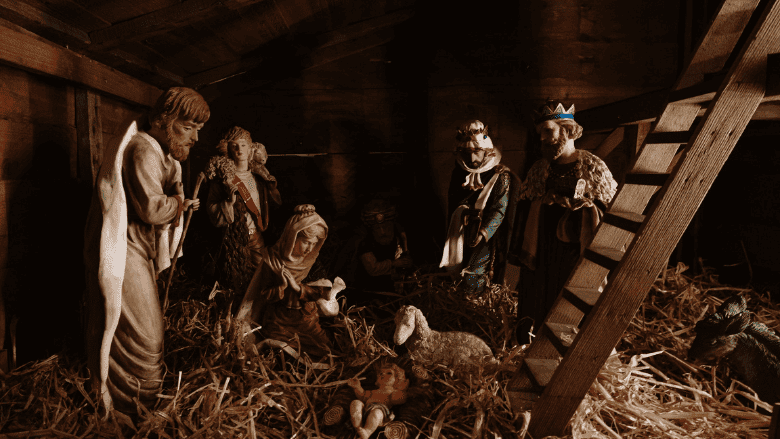
(Photo Credit Unsplash – Al Emes)
By Jane Korvemaker
There is a rather infamous Christmas poem by Christina Rossetti in 1885. While many tunes have been written for it, I know it by the by the group Jars of Clay from 2007 (side note: the lead in that band is more well-known now for his collaboration on the theme song for The Chosen series).
The poem shares:
Love came down at Christmas,
Love all lovely, Love Divine,
Love was born at Christmas,
Star and Angels gave the sign
Worship we the Godhead,
Love Incarnate, Love Divine,
Worship we our Jesus,
But wherewith for sacred sign?
Love shall be our token,
Love be yours and love be mine,
Love to God and all men,
Love for plea and gift and sign.
If someone asked me what the theological significance of Christmas was and I failed to convey any aspect that love, love divine, became incarnate, I would have missed the point of every theology class I have ever had the blessing and curse to pursue. It seems that we often desire to box this idea of love into something with a lid, where it can be secured, neatly stacked, perhaps even labelled, and put up on a shelf for use later or maybe for others to see.
However, love rarely comes in boxes, nor even brown paper packages tied up with string. When love is best lived, it is messy. It is dirty. It endures pain. It groans and scrapes for something beyond the tangible suffering that can beset it. We tend to want to make it look pretty, but those pretty and lovely pictures of love we all have sitting in our imaginations are really the denouement of love’s stories in our lives, when all the mess and dirt we have been busy making reveals itself to have been a weaving of Love in and through the mess and dirt. And in the messiest and dirtiest, when mud, refuse, and glitter are strewn upon us and our entranceway, we are our most vulnerable. “Please, God,” we might say, “I can’t do this anymore. Please make something new out of this painful and dirty mess.” In our acts of delivering our own will to God, the crucifixion of our will opens a door for God’s Spirit to create in us.
This is truly the only way we can look at God’s incarnation into humanity at Christmas – it only makes sense after the climax of the story. And the climax is the Cross. The celebration of the Nativity is that divine Love freely chose to enter into our somatic messiness; not for God’s own benefit, but to show us what it means to be human and to raise us up into union with divine Love.
For we were made to be divinized, but our curated tendency to turn away from God’s will for us left us in a cycle of brokenness and suffering that humanity could not overcome itself. The only way humanity could be saved from its brokenness would be by a divine act in and through finite creation; only that which is assumed is saved.
As we all know, God doesn’t need a creation to subsist, yet by the very fact that God chose to become human to raise us up into right relationship with him, we know the true meaning of Love: to desire to be in right relationship with God and with others. God wanted us and therefore, chose us in Christ. This is why St. Paul says to the Ephesians (1:3-6):
Blessed be the God and Father of our Lord Jesus Christ, who has blessed us in Christ with every spiritual blessing in the heavenly places, just as he chose us in Christ before the foundation of the world to be holy and blameless before him in love. He destined us for adoption as his children through Jesus Christ, according to the good pleasure of his will, to the praise of his glorious grace that he freely bestowed on us in the Beloved.
Against all reason, against all wisdom, against all heritage and history, God, the Holy One of Israel, defied even the most lordly of human visions by freely choosing to become human; yet not for his own benefit, but because our God is Love itself. Love chose to enter the messy and the ordinary of human life so that we could be freed from the chain of disobedience and raised up into God’s own divine being; into divine Love itself. In Christ, love re-ordered human existence to its natural end: obedience to God’s will.
Love shall be our token,
Love be yours and love be mine,
Love incarnate, love divine,
Love was born at Christmas.

Jane Korvemaker is a B.C. transplant who lives in Saskatoon with her husband, three children, and mischievous cat. She holds a Certificate in Culinary Arts, Bachelor of Theology, Certificate in Youth Ministry Studies, and is a Level Two Catechist in Catechesis of the Good Shepherd. She hopes to one day find the perfect pairing of bacon, beer, and Balthasar. She semi-regularly writes at ajk2.ca

